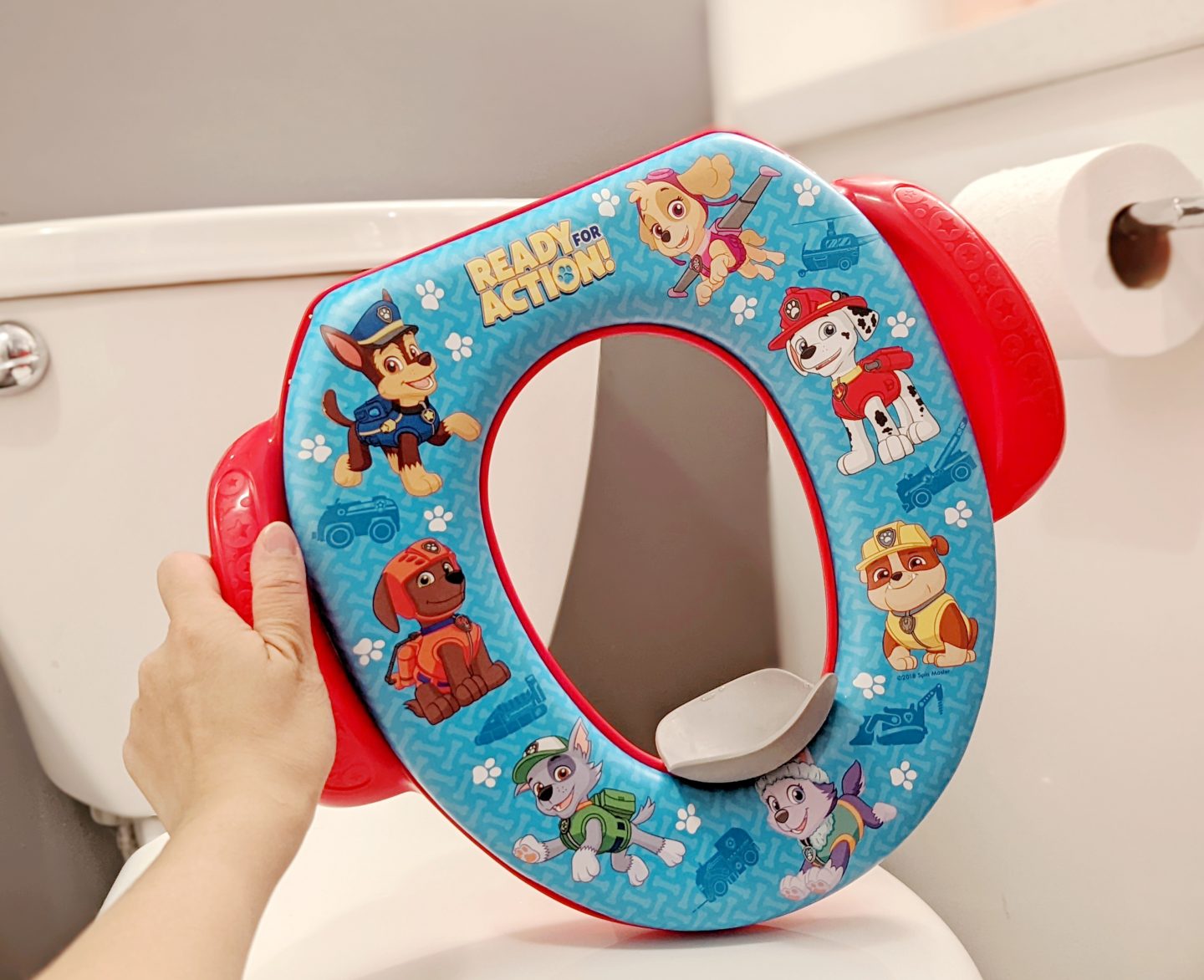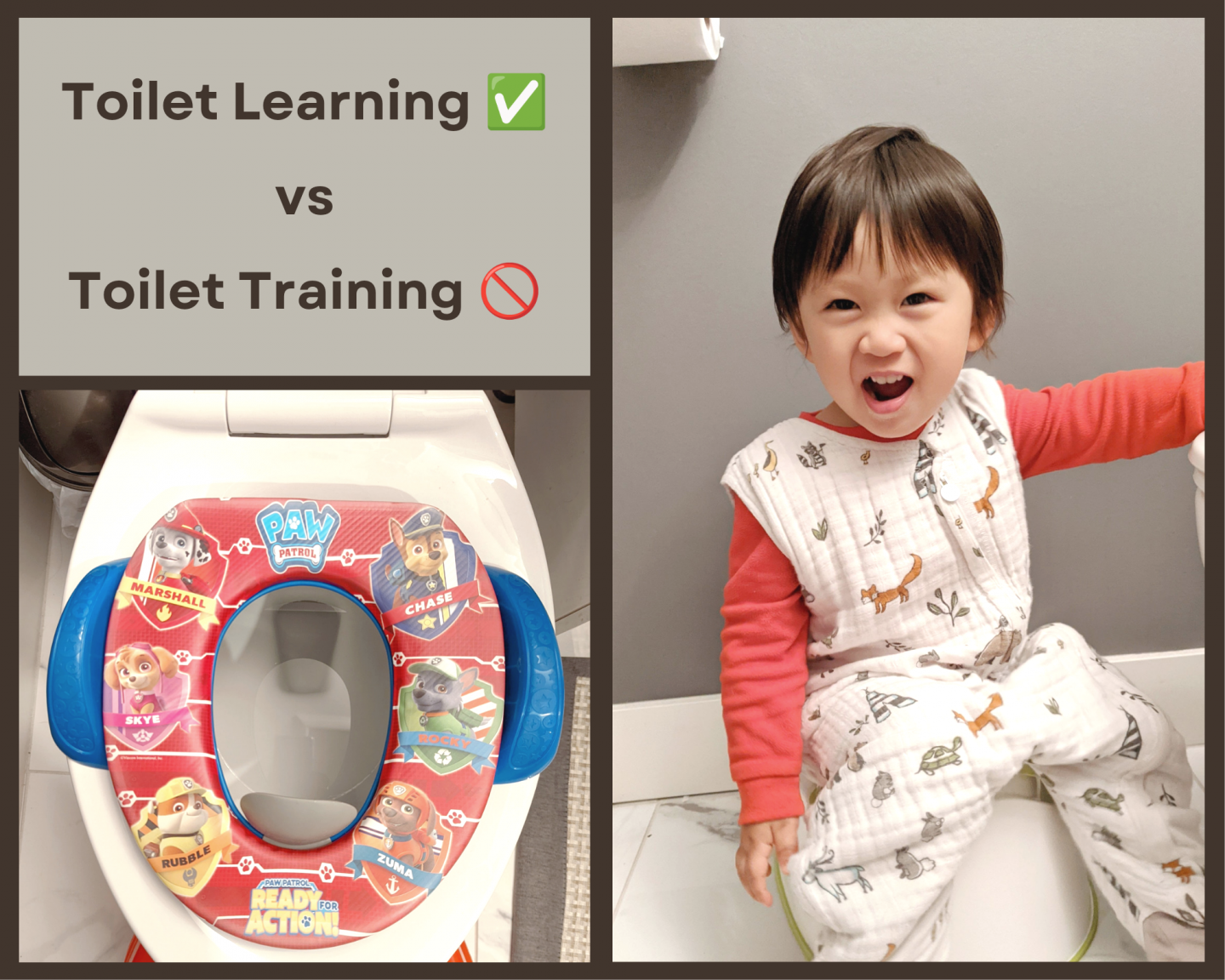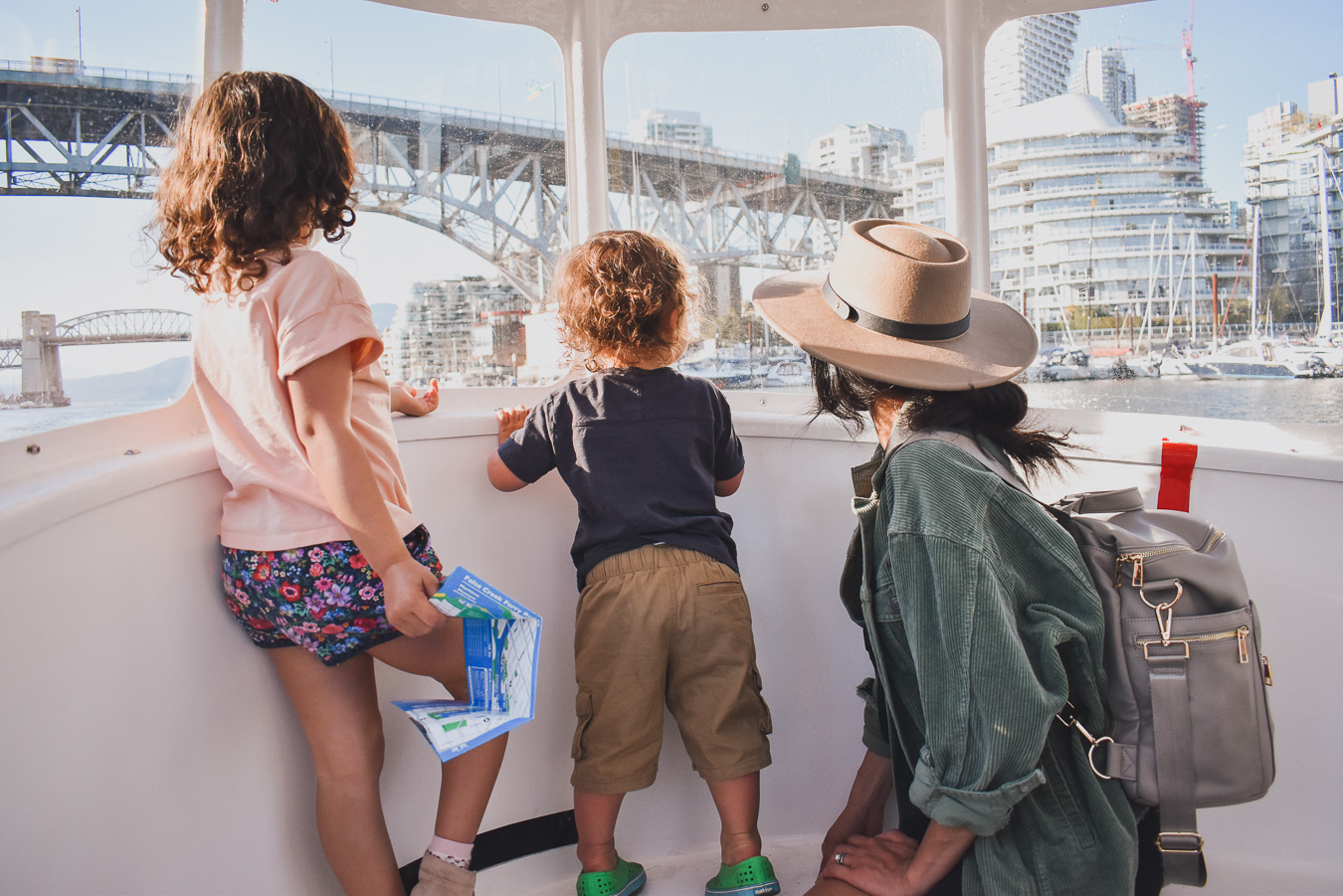
As a behaviour analyst, toileting is a common skill that we often get asked to help with. And one of the most common questions that we get asked is, how do I know if my child is ready to be toilet trained?
First of all, I’d like to address the term “toilet training”. I recently read about the use of the term “toilet learning” vs “toilet training” and it really spoke to me. Training generally implies an adult directed approach and something that’s being done to the learner rather than a process that the learner is actively engaged in. As we know, the best approach is always one that actively involves the learner so knowing this, I encourage those of you who haven’t already to make this shift in mindset and language to one that helps support our learners in the best way possible.

So how do you know if your child is ready for toileting?
My oldest is now 2.5 years old and we’ve been toilet learning for about a month now. The process of toilet learning is not one that happens overnight. It takes time and patience. It’s important to keep in mind that every child is different and will learn new skills at different rates and in their own way.
Having said that, let’s talk about some things I look for when deciding whether to start teaching toileting with a learner (the same things I looked for prior to starting with my own son!) By no means are these hard prerequisites but they can be helpful to have prior to starting.
1. Interest in the toilet or toileting process.
Your child might start to show interest in the toilet and may even want to follow you when you go to the washroom or help flush the toilet. If they are showing interest, encourage their curiosity and let them help you flush or tear off a piece of toilet paper.
2. Willingness to sit on the toilet.
When you start teaching, your child will be sitting on the toilet on and off for a good chunk of the day so they should be comfortable with sitting on there without fear or anxiety.
3. Some bowel control as evidenced by an extended period of time with dry diaper (approx. 1hr or longer).
Behaviour analysts love data so if you can start to track how long your child stays dry from one diaper change to the next, this will give you some good starting information. You’ll have an idea of how long between pees your child is able to hold for.
4. Can follow simple one or two step instructions and communicate his or her wants/needs in some way.
You’ll be saying things like, “Let’s go to the washroom!” or “Time to go pee in the toilet!” so it’s helpful if your child is able to understand and follow through with these instructions. For toilet learning to be successful, we want the learner to recognize when their body is showing signs of needing to go pee and finally, for them to be able to communicate this to us in some way – e.g. verbally with, “I need to go pee” or non-verbally for example, with the use of PECS (Picture Exchange Communication System).
5. Commitment from the family.
This one is key! Teaching toileting is often time consuming and can be exhausting for the parent(s), so ensure that you are mentally ready and that when you start you don’t have any other activities that could interrupt the learning – E.g. Work, vacation plans, major holidays, home renovations, out of town visitors, etc.
Believe it or not, one of the most important predictors of how successful the toilet learning experience will be is not how ready the child is but how ready the parents/adults are prior to starting. Be sure that you:
- Have a clear plan to follow in different scenarios (what will you do if your child pees in the toilet, if s/he has an accident, if s/he starts a pee accident but stops and finishes the rest on the toilet, if s/he asks for a diaper or wants to get off the toilet before making a pee, etc.)
- Are prepared for accidents to occur around the house and that you are ready to react calmly when this happens.
- Have additional support in place should you require it, in the form of extras hands to help out when things get messy or a professional who can help guide you if you are stuck.
…one of the most important predictors of how successful the toilet learning experience will be is not how ready the child is but how ready the parents/adults are prior to starting.
6. No medical issues that might impede with toilet learning.
Last but not least, it’s important to rule out any medical issues that might impede with the toilet learning process, like constipation, muscle weakness, etc. If there are, these will need to be addressed first with your family doctor before you start to teach.
As always, these tips and future ones that I’ll be sharing are generally applicable to many learners but they should never replace direct consultation from a professional. Every learner is different and has their own specific needs, so direct assessment from a trained professional is always recommended.
If you have any questions or concerns about your child’s toilet learning journey, feel free to drop me a DM via @everydaypracticalmama. Let’s chat!


